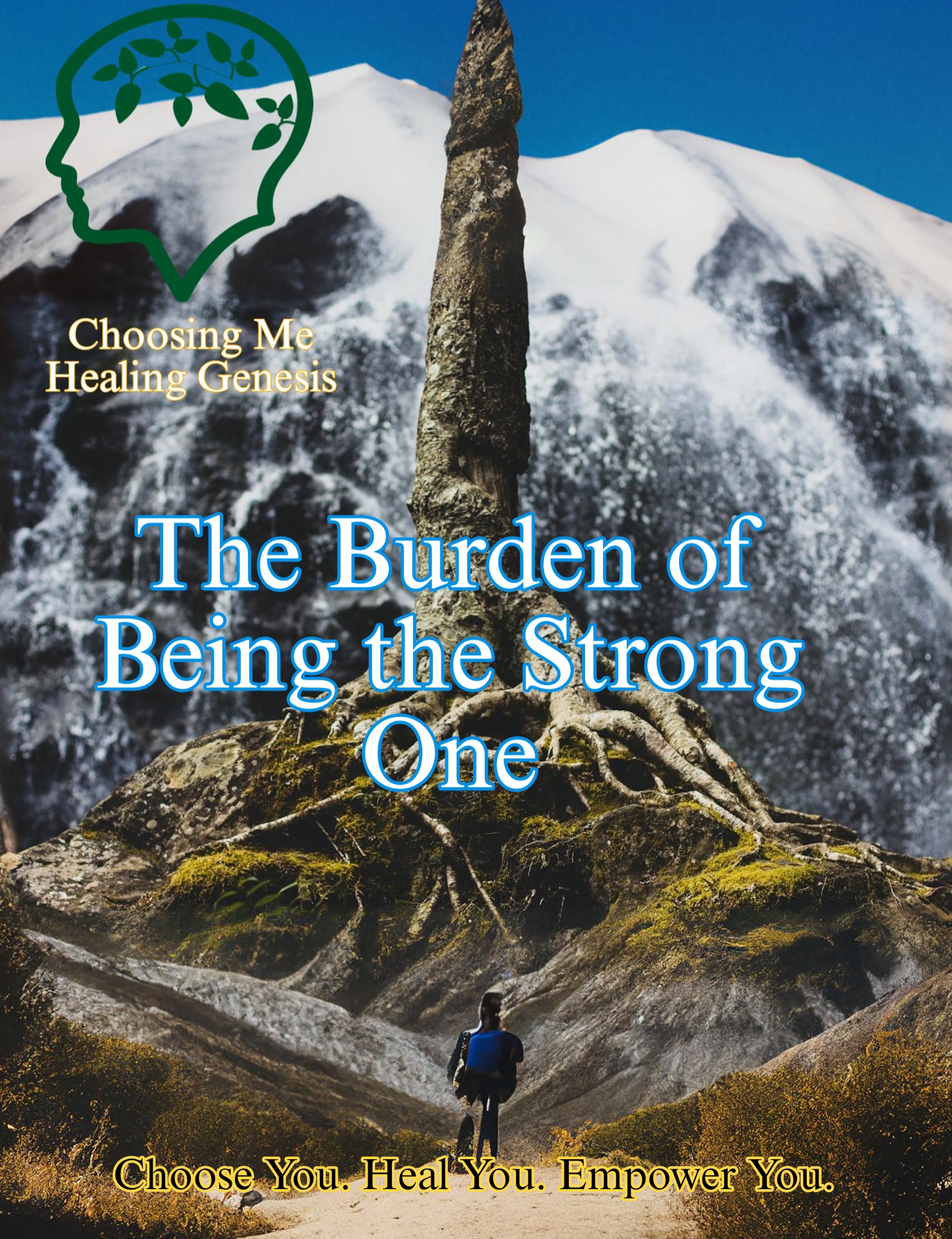The Burden of Being the Strong One
People admire the strong one. They lean on them, seek their wisdom, and trust them to hold everything together. But no one ever asks who the strong one turns to when they are the ones unraveling.
The strong one is the person who never falls apart in front of others. They give without expecting much in return. They listen, advise, and show up—even when they’re exhausted. They are the ‘safe place’ for everyone else. But here’s what people don’t see: being strong is heavy.
It’s the weight of always having to be okay, even when you’re not. The pressure to never crumble, because if you do, who will pick up the pieces? It’s realizing that people check on you less, not because they don’t care, but because they assume you’re fine. It’s the loneliness of being everyone’s person, but never quite having your own.
And yet, the hardest part? Strength becomes an identity. You don’t just act strong; you are strong. And once people believe that, it’s difficult to be anything else. Admitting you’re struggling feels like disappointing those who count on you. Saying “I need help” feels foreign. The thought of burdening others makes you swallow the lump in your throat and carry on.
But here’s the truth: strength isn’t about never breaking. It’s about knowing when to rest. It’s about recognizing that even the strong need support. That it’s okay to be vulnerable, to be held, to say, “I can’t do this alone.”
So to the strong one reading this—who’s tired but won’t say it, who’s hurting but keeps smiling, who feels unseen despite always being there for others—this is for you. You are allowed to lean. You are allowed to ask. You are allowed to be more than just ‘strong.’
Because real strength? It’s knowing that you don’t have to carry everything alone.


4 Comments
I only fear resentment with time.but it’s very ok to be strong for others.
That’s such a real fear, Justine. Strength is beautiful, but when it’s always given and rarely received, it can quietly turn into resentment. Maybe the key is finding spaces where you don’t have to be strong—where you’re allowed to be held too. I hope you have those spaces, and if not, I hope you find them. You deserve that too.
This is indeed very true. It takes a long time and a lot of courage to accept vulnerability when you are expected to support the vulnerable.
Being in a position of asking for help or knowing it is okay not to be okay is an art of self-awareness with a very good internal locus of control.
Absolutely, Wilkister. When you’re used to being the strong one, vulnerability can feel like unfamiliar territory. But you’re so right—it takes deep self-awareness and a strong internal anchor to recognize that even the strong need support. It’s a journey, but one worth taking.
Recent Posts
Recent Comments
Categories
Recent Posts
INSTAGRAM